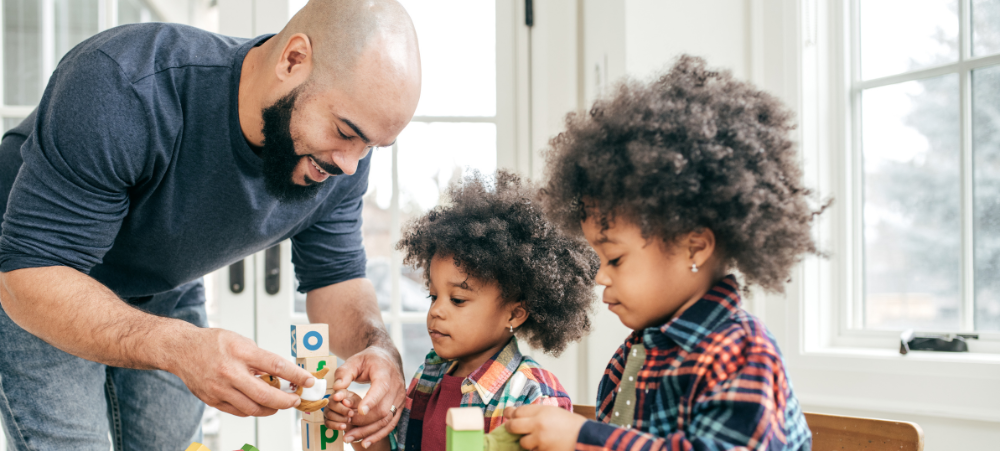Expecting the arrival of your second child is an exciting event, but this may not be so for your older child, especially those between two and six years old. Start by telling your older child about the arrival of his or her new sibling. Use age-appropriate language and pictures to explain how the baby is growing so the connection can be made from about the 5th month of your pregnancy. Encourage your child to talk to and sing to your bump. Explain that the baby will not be a playmate right away and will sleep and feed most of the time but can also cry a lot because that is a baby’s only means of communication. It is important that children and parents learn together about what it means have a new sibling in the family. Let your child take part in the preparations, but constantly talk about all the excitement and preparation you made for his/her arrival. Get out the family photos and talk about how you had to feed, change, rock and cuddle him/her. Be honest about how tired you sometimes felt and that you may get tired again and not be able to play so many games together, but just for a while.
When the new baby arrives allow your child to visit you and the baby in hospital. Do not hold the baby during this time until you have given undivided attention to the older child. Introduce them and allow the child to gently stroke and maybe even hold the baby with you. Now is the time to talk about how careful you must be with a small baby. Very young children could be upset, simply because their routine has been disrupted and Mom is in bed in a strange place. For them, do not put too much emphasis on the baby but spend the visit cuddling and talking. Regardless of your older child’s age, make sure that he or she gets individual attention when the new baby arrives home. (Do not arrive with the baby in your arms!) Remember to include him or her in photographs or videos you take of the baby.
Sometimes children will act out with arrival of a sibling. Praise positive behaviour and give love, understanding and assurance rather than corrective discipline. They may have toilet training accidents, want to drink from a bottle or ask for a dummy. These are normal reactions that require tolerance during regressive episodes. If you make no fuss and little comment, the phase will soon pass. No one goes to big school with a dummy!
Encourage your older child to be gentle with the baby and include them in activities that involve the baby such as bathing, changing and dressing. Encourage singing and talking to the baby. Babies are usually fascinated by older children. Praise him or her when they are helpful and always try and plan one on one time with them, so they feel equally important and cared for
Help your child develop a sense of why they are a valuable member of the family by focusing on what they can do, and the baby can’t. Tell them that each member of the family is important for what they bring to the unit and the family needs each person for it to be whole.
Raising your child to accept and adapt to new conditions within the households will assist them in future changes that may be challenging. Raising resilient and collaborative children is a priority in our world.
Written by: Academic Development Coordinator of ADvTECH Schools Division, Barbra Eaton And Bev O’Shea, Principal at Junior College Preschools Tiny Town.
- SCREEN TIME AND ITS’ EFFECT ON LANGUAGE DEVELOPMENT - March 15, 2024
- Is your child a bully? - March 12, 2024
- Emotional and Social Milestones of a 6-year-old - October 17, 2023





